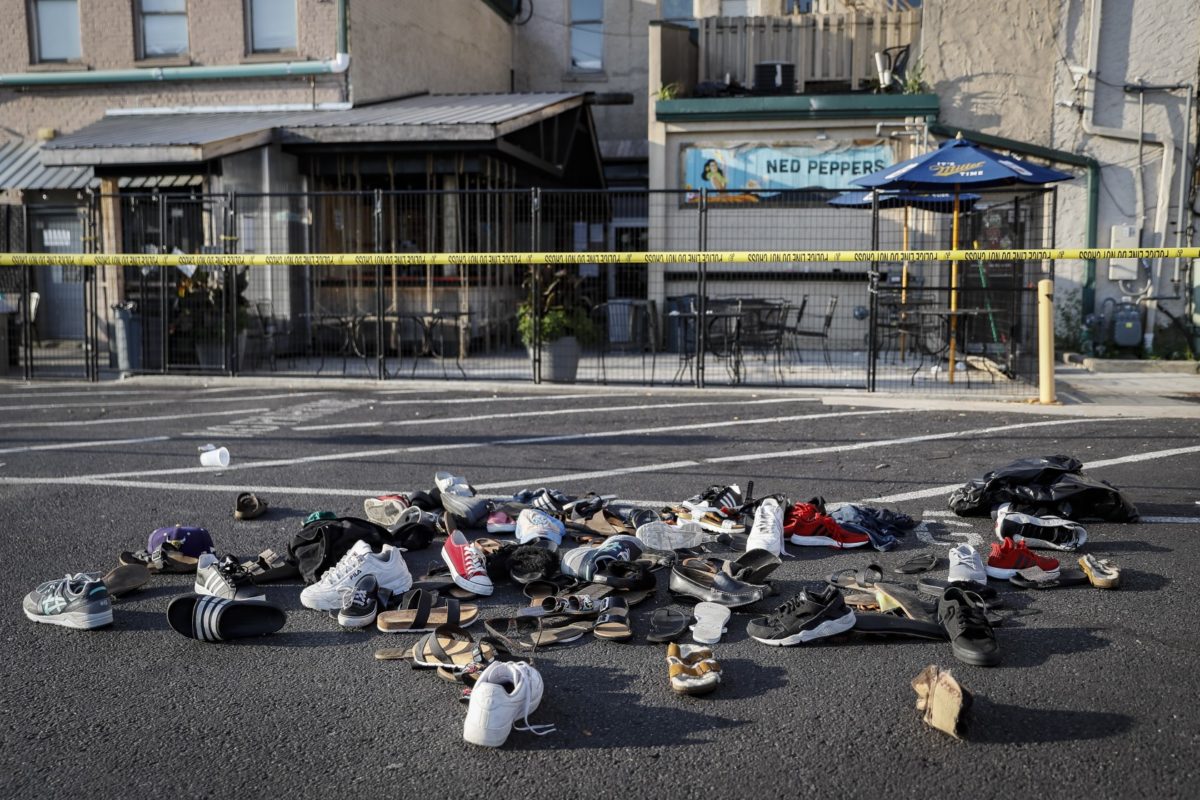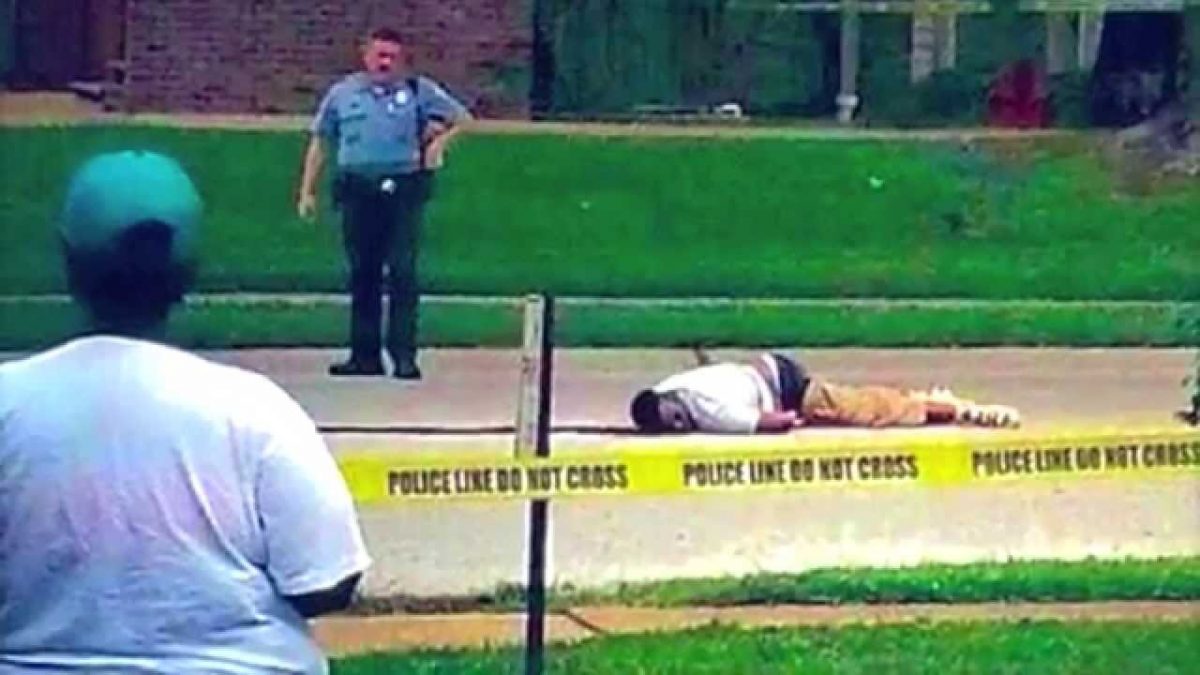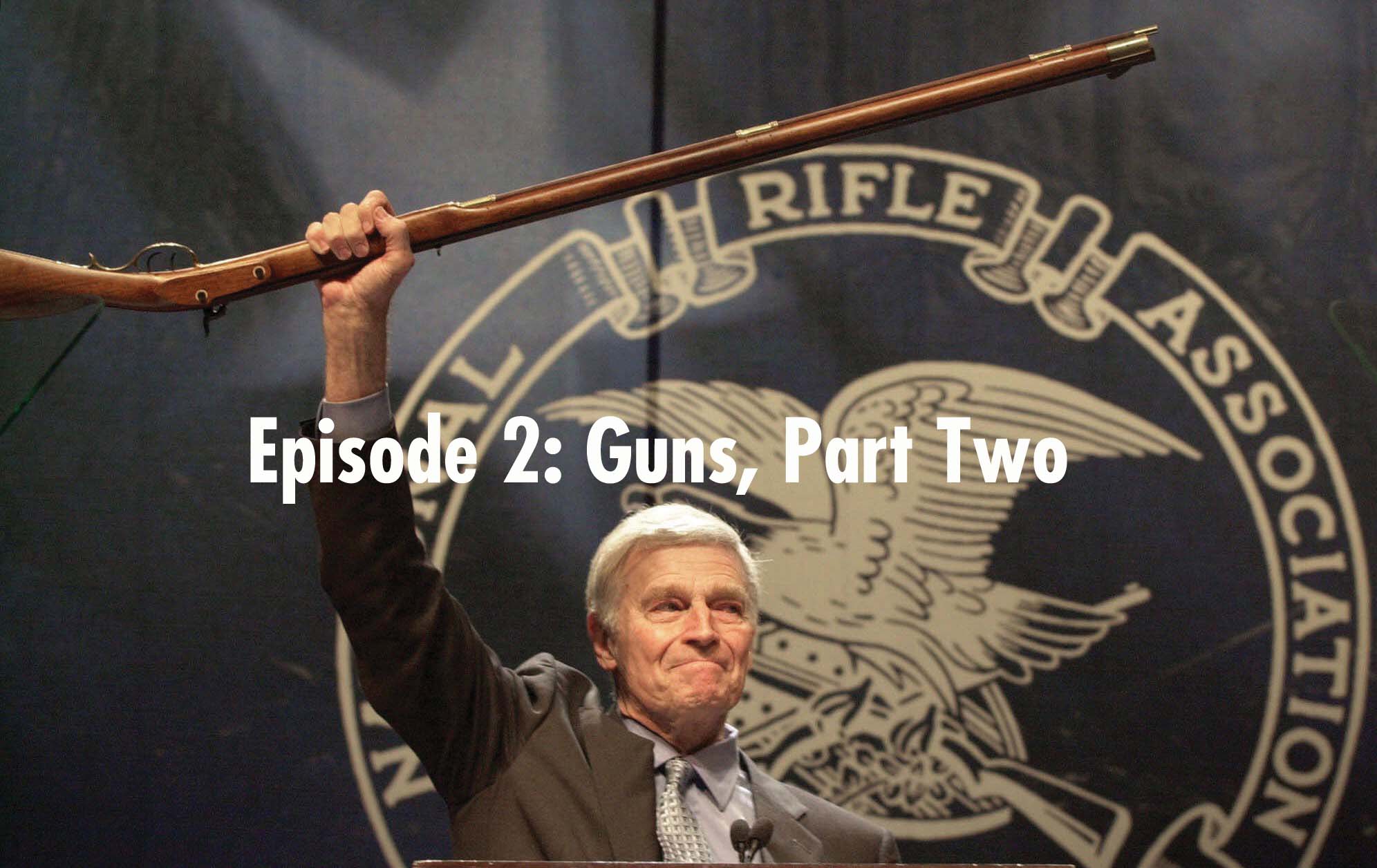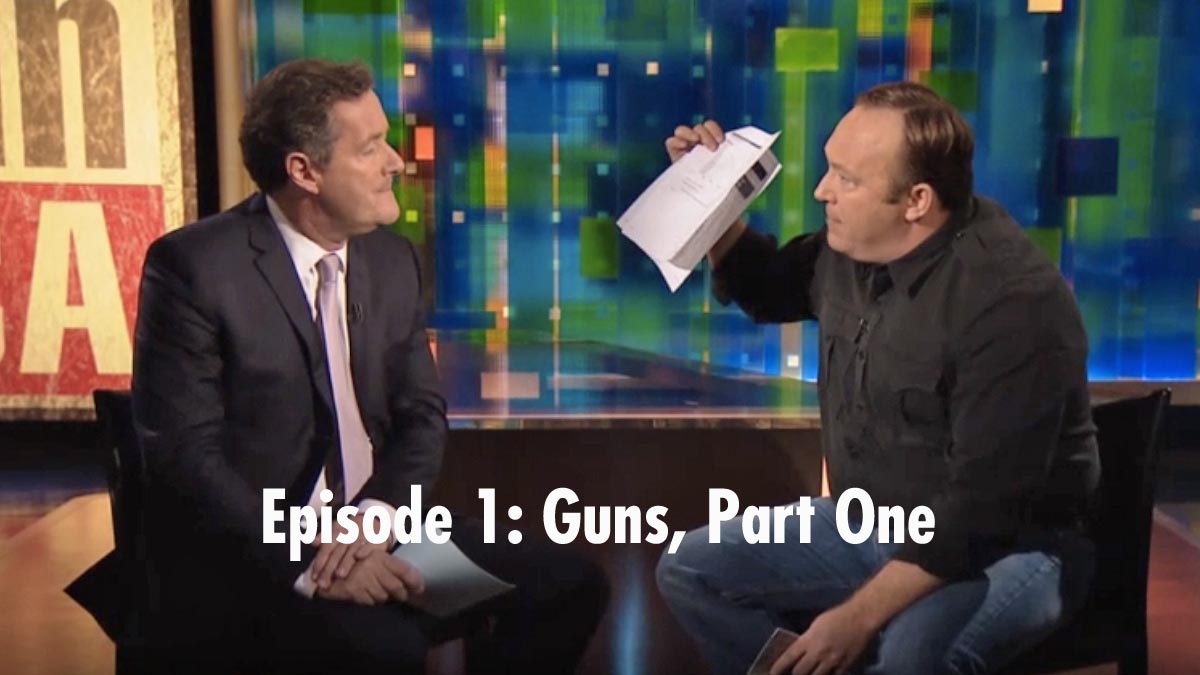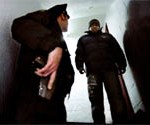EDITOR’S NOTE: Two years ago, in response to the senseless deaths of Michael Brown and Eric Garner at the abusive hands of the police, I wrote what turned out to be a highly controversial short story called “To Serve and Protect.” It was my effort to portray the institutional trappings that perpetuate racism, police brutality, and our endemic gun culture. I submitted the story to several literary journals. All rejected it. While many of these outlets praised the story, the editors were greatly unnerved by the story’s hard truths. One editor informed me that she didn’t want to alienate her readers. And as my story made the rounds at a snail’s crawl, there were more murders, needless murders, of innocent and unarmed men by the police all around the nation. In the past week, Alton Sterling and Philando Castile also lost their lives, their final moments recorded in harrowing video that will numb and horrify anyone who is human. And that wasn’t all. Last night, five police officers were killed by snipers during a Dallas protest against police brutality. Clearly, the problem that I was attempting to dramatize isn’t going away. Clearly, the literary world is a timid and gutless bunch when it comes to publishing fiction that provokes and reflects the realities of our time. What is especially shocking to me is that, while I have not changed my story in any way, every sentence still applies. I cannot stay silent about the headlines any longer. So I have decided to publish my story here, with the hope that it might help at least a few readers to make sense and find solutions to the terrible American nightmare. Silence is not an option when it comes to stopping racism and violence. It’s on us to confront the ugly realities — through peace, art, and action — that cause these pointless plagues to endure.
* * *
We left the nigger’s body rotting on the dark and filthy asphalt for four hours as we swatted away the flies swirling around the exit wounds in drunken loops. The insects hoped to plug their thin trunks into six fresh holes spilling out the nigger’s once young blood, which dried into the baking black cracks, absorbing the funhouse light of our whirling sirens. You chided us for hitching the yellow tape into your front yards, but we can’t fulfill our duties if we don’t stretch the perimeter of a crime scene into your personal space. We asked you to move back as you lashed out with rubber necks and flimsy accusations. We enforced curfew so you wouldn’t kill yourselves and you scolded us for not calling the paramedics fast enough. You aligned yourselves with the helicopter journalists after we threw those pesky gnats into vans and cells and any space we could call prison when they pressed past the limits of their credentials and tried churning their tyro familiarity with our precinct into a national story. You never saw the fear that clouded inside the whites of our eyes.
Not that we’d let you.
Modern policing demands the deafening squelch of our sound cannons when you won’t heed our crystal-clear commands through the speakers. We are the ones in control. Not you. We crank up our warnings because your ears choose to deafen.
The nigger wasn’t armed, or maybe he was. Maybe it was a gun we couldn’t find. Maybe it was the half-melted Hershey’s bar we found buried in his hoodie pocket or the burner phone lodged in the seat of his jeans. The evidence will show that we had to take the nigger down, that he was a credible threat, and all this will wash out your social media speculations. We are working with the FBI, the Department of Justice, the Highway Patrol, any old coot with a badge pushing his beak into our jurisdiction. We will never have our men found guilty. We have the President of the United States, the Governor, and the Mayor all on our side. We can produce videos, radio scanner chatter, logs, reports, just about anything needed for a slam-dunk case. We will respond to your sunshine requests, but you must understand that it will take time for our overworked and underpaid staff to sift through your poorly worded entreaties. And by the time you get the docs you so desperately crave, it will be too late. Our first priority is to keep the community safe.
We asked the nigger to cooperate, but he wouldn’t raise his hands in the air. Dig all you want into the back story of the two primary officers involved. Why do you think we gave you their names? We know when whiny lions need measly scraps to chew on. We can assure you that every member of our department hoped the nigger would adhere to our request and step peacefully into our protective arms. The tape will show that our voices did not quaver or waver once when we crooned through our bullhorns. We were calm and professional and the nigger told us to fuck off. He cited an institution abolished 150 years ago, but we’ve read our history and we know that we’re on the right side. The nigger told us that he was tired of being harassed and that he would never be questioned or taken in. And he started waving his arms and jumping up and down, which is something you should never do in front of boys in blue. It was a common tale we see all the time: a terrified man hiding behind bold talk and false bluster. So we shot him. Because we never look in the mirror. All told, it took about two seconds. Happens all the time. If you were walking in our lead brogans and you saw that the devil had something more than fight or flight to offer the universe, wouldn’t you make the same call? Are you up on this year’s statistics? Do you have any real idea how many niggers have reached into their pockets to shoot our guys? And don’t give us that old song and dance about banning firearms or limiting our supplies. We know the Constitution (including the Thirteenth Amendment) as well as the local criminal codes, but there’s only enough room to enforce one canon. We’re here because you couldn’t form a well-regulated militia to save your hides. You’re so busy shooting up your families and blowing up stores that you never notice the bullets hurled our way as we’re trying to help you. So we’re the ones who take the rap and the crap. Look at it from our perspective. If we let one nigger walk away, then all of you will. And, yes, contrary to your racial profiling conspiracies, we’d let a dumb cracker who won’t show us his ID expire in the street the same way. There are monkeys of every color on the rainbow and they all need to learn how to behave.
So now that the nigger is dead, what do you want us to do? Stop our operations? String up the guilty parties in front of the central precinct? You don’t want to work with us and we don’t want to work with you. We know you’ll always view us as grim grunts lusting over the next 1033 shipment from the Beltway. You think our cocks harden over the wet dream of rushing into a broken hood with fresh Hummers. Well, if we were so committed to shooting tear gas at you at all hours, why do you think we let you steal some of our toys? Sure, there’s some under-the-table income that smooths out our take home pay, but maybe we wanted to give you mouthy cunts a fighting chance. You were the ones who photographed us and shared your slanted stories on YouTube. You call us pigs and crackers (and Oreos and Uncle Toms if we share your shade).
All told, we’ve been pretty fucking forgiving. It isn’t our fault that we have quotas to meet and misdemeanors to invent. We’ve given you plenty of opportunities to wiggle out of a trivial ticket, but you still insist that you’re better, even as you slip up and give us lip. Do you want this to become Detroit? How long would you uppity fuckers last if we left the streets? If you think we’re putting down our guns and letting you animals take over our turf after we’ve managed to make a few blocks safe over fifteen patient years, then we’ve got a subprime mortgage for you to sign. By all means, shoot yourselves up with semiautomatics. If you’re going to shoot someone, why not kill all the bankers? Get the city council to pay one of our officers more than thirty-five thou a year and we wouldn’t have to take any…
…time before I punch out, as soon as I squared away the next shift with the sarge. Eight years of this shit and the gray was debuting at the top of my chops and my heavy body was coming home more sore with the shellacking each night. Chasing down suspects, perp walks executed with a more elaborate show, more time testing out the latest from Washington, having to fire back shots more and more as the crime rate soared and we were busting our asses to beat the CompStat numbers and our computers malfunctioned and the paperwork rose in tall rough impossible towers. Fiddling thumbs before the door, watching the sarge lurch left, right, left, right, as a burly suspect was two minutes away from confessing to a crime he never committed, the good cop burning the sin into his brain with a bullshit plea bargain from the Frank Castle playbook. Empty squares on the shift sheet staring back, the texts coming in from the wife, who was waiting, like me, to know when I had free time.
“Tomorrow,” said the sarge. “Collect your car at midnight.”
The kid’s shift. Rodriguez, that hotshot flyboy who’d only been here two years. He called in a favor. The way I once did before they tilted their ears to the new blood. That gave me eight hours to unwind, including sleep. I’d supported Gibson and Jiminez when they shot up that unarmed kid. Fingers were itching harder these days. No more apprentice period. Small wonder that the community we tried to defend didn’t trust us anymore.
I checked my gear into the locker. In desperate need of a shower, but I never hit the stalls with these guys. They’re still shaking off the sticky dregs of rapid-fire indignities doled out by the top brass when they can’t type out their reports on time or they don’t meet the daily quota. The same eyes that size up a crime scene have a way of searing into you. I can’t even count the times that something I’ve muttered in a stressful haze gets recalled by another grunt fond of chewing out my ass when the captain calls us in for a new sting.
Sure, I’ll meet the boys for basketball and barbeques and donuts. Never in bars. I know other cops get off on walking behind a 7-11 counter and grabbing the greasy pot that’s been rusting there for hours and hours. They fill up their Styrofoam cups of shady joe without paying a dime. That’s never been my way. These guys mark their territory because there’s nobody waiting at home. You learn who the lonely ones are because you forge tight bonds fast, especially if you want to survive. The endless stream of code and calm crackling through the radio leaves little time for jokes, unless, by some miracle, you’re ahead on the calls. But the never-ending pace doesn’t halt the young hungry fucks, the ones hungering for a detective badge, from nipping at your battered heels.
I’m a good cop compared to most of these animals. But even good cops lose their cool and take out their shit on a casual scumbag. You don’t rat out your peers, not if you want to live tomorrow. You look the other way and hope that the other guy softens over time.
I don’t take bribes, but I will take gifts. I stick within my salary. I take the old lady out for dinner at the seafood place once a year on her birthday, but we do have two kids and that sucks up expenses. It’s hard enough to come home and not beat the brats within an inch of their lives for something that has nothing to do with them. I don’t know what’s harder. Keeping expenses within your frugal budget or never blowing up. But it’s too late to change. By the time my youngest hits eighteen, I’ll be well past the age for a graceful career change.
I never would have had this life if I hadn’t walked into a donut shop one foggy morning. I helped nab one of those scam artists who target the dopey guys working the register. The fucker was a big man with long dreads grown from some reggae obsession lasting longer than an old fuck’s Reader’s Digest subscription. I watched the scammer lay into the register guy, claiming he never got change back from his twenty. He came in during the rush, scoping out the place to make sure it was understaffed. There are better ways to squeeze ten bucks out of a dummy, but his crime was so small time that nobody wanted to step in. Nobody wants to do anything anymore. But I saw the whole thing. The bastard had to be stopped. So I grabbed his arms and slammed his head onto the counter and told him that I was making a citizen’s arrest. The dopey guy behind the counter called the cops. The whole donut shop cheered me on, telling me that I was a hero, telling me that they wished they had my courage because the scammer was a big man with the kind of presence that suggests homicidal intent. It was the last time anyone told me that I did a good job, that I had a place in life. I told the detective everything: the crooked slant of the scammer’s upper teeth, the faint scar he had on his chin, the suspicious boom of his voice, the banged up Chevy Beretta with its dopey diagonal frame. He laughed, fired up two cigarettes, passed me one, and said I’d be a good cop. I called the recruitment line. The rest is my sad personal history.
We hate ourselves. We go to bed angry and wake up angrier the next morning. If we could blow our collective brains out, we would. We’re so wiped out at the end of the day. It’s an exhaustion most of you can only dream about.
Yes, we shot the nigger. We aren’t going to deny that. But we became the niggers of the workforce a long fucking time ago. There’s no escaping our destiny. We’ll go on killing niggers until the captain gives us the bright gold watch and sends our spent and battered husks to Florida. There’s no room for idealism in this job. If you want uplift, join a glee club.
The one thing that keeps us going is our responsibility to stub out crime, to do the best we can. But sooner or later, you come to understand that everyone is a criminal. And while you can check in your brain and keep your head down and wonder how the years rolled by so fast, we have to endure the riffraff and live with the burden of too much authority. But we’ll keep on going. We’ll keep on going because our mission is to serve and protect.
